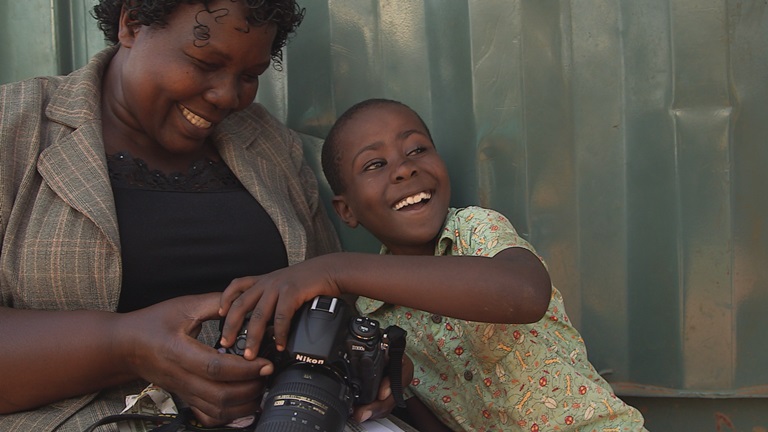By Pui See Tsang
Misconception is a Tribeca Film Festival documentary movie directed by Jessica Yu. It was released on April 21. For almost 50 years, the world’s population has grown at an alarming rate, raising fears about strains on the Earth’s resources. But how true are these claims?
Taking cues from statistics guru Hans Rosling, Misconception offers a provocative glimpse, personal and global, at how the world and women in particular are tackling a subject at once. Following three individuals, director Jessica Yu focuses on the human implications of this highly charged political issue; inspiring a fresh look at the consequences of population growth. It also details not only the growing world population that threatens the Earth’s resources, but also the impact it will have on humanity.
Chapter One – LOVE IN A ONE-CHILD WORLD: “LONELY EMPEROR SEEKS WIFE”
The first chapter is about the one child policy in China. Since the Chinese tend to like boys more than girls, many of them may avoid giving birth to a girl. As a result, there are more boys than girls in China’s population. Bao Jianxin, who on the cusp of 30, finds himself utterly lovelorn and in search of an idealized woman who is “fresh and clean” and will sweep him off his feet.
On the one hand, Bao is a die-hard romantic urgently hoping for lightning to strike, and on the other, he is trying to be realistic and to assuage his aging parents’ fears that he will never fulfill on their sole chance to advance the family’s legacy. At his age, all his family is concerned with is his marriage. His father was very upset, because he is still not married. Many other young men in China suffer that pressure from their family as well.
Chapter Two – AN ACTIVIST AT THE U.N.
Population growth may seem like a numbers game on the surface, but deeper down it is a subject that is unavoidably entwined with such hot-button human arenas as values, religion, heritage and personal beliefs about sex, love, and family. What role should these play in policy? And who gets to decide their importance?
Denise was working for the U.N. and trying to spread the awareness of the misconception and how to avoid it. There are so many different countries in the U.N. and they all have different cultures. This chapter is mainly recording how Denise stands up and talks to the countries’ ambassadors about making abortion illegal, and to educate people about birth control, even though in many countries’ culture that may sound ridiculous.
Chapter Three – “FOUND AND LOST” IN UGANDA
The final step of Misconception’s journey heads to East Africa and the equatorial country of Uganda, a country with a population of 35 million people and the 3rd highest birth rate in the world. The average of birth rate of women in Uganda’s is 6. When people can’t afford taking care of their children, they abandon them.
Ugandan women have never been taught anything about sex or family planning. That’s where Gladys Kalibbala comes in. She’s not a politician or an aid worker – she’s just a journalist. But unwilling to watch so many children try to survive alone in the streets, she decided to start a “Lost and Found” column in her paper that has helped reunite numerous lost boys and girls with their loved ones. In rejecting the status quo, Kalibbala became an accidental heroine.
Jessica Yu was immediately drawn to Kalibbala, as someone grappling with the impact of population, at the most profoundly one-on-one, human level.




Leave a Reply